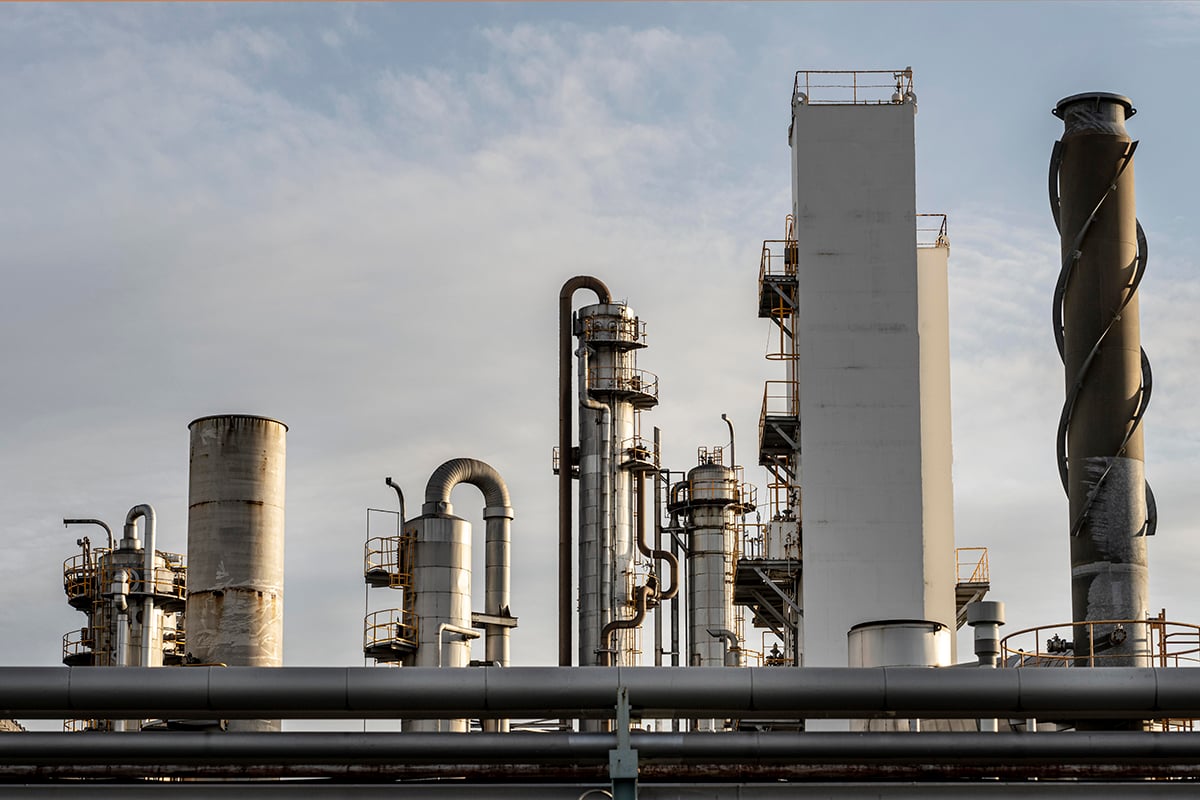In a landmark move symbolizing the shifting tides of global industry, US Steel, once the titan of the steel world, has agreed to a $14.1 billion acquisition by Japan’s Nippon Steel. This deal not only marks a significant change in the ownership of an iconic 122-year-old American corporation but also reflects the evolving landscape of the global steel industry.
The agreement between US Steel and Nippon Steel represents a pivotal moment for the former world’s largest corporation, US Steel. Founded in 1901 through a merger led by J.P. Morgan and Charles Schwab, US Steel was a cornerstone in America’s rise as an industrial power. Its decline from the zenith of industrial might, where it once stood as a symbol of American prosperity, to its current status, overtaken by companies like Nucor Steel, narrates a tale of industrial evolution and global competition.
US Steel’s CEO, David Burritt, sees this acquisition as a positive step, stating, “We are confident that … this combination is truly best for all,” emphasizing the potential benefits to the United States and the company’s global presence. However, the deal has not been without its critics. The United Steelworkers union and several lawmakers have voiced strong opposition, citing concerns over national security, worker welfare, and the loss of American ownership.
David McCall, President of the United Steelworkers, expressed deep disappointment, criticizing US Steel for its “greedy, shortsighted attitude.” Similarly, Ohio Senator JD Vance and Pennsylvania Senator John Fetterman have condemned the sale, with Fetterman highlighting the importance of steel to national and economic security.
Under the terms of the deal, US Steel will maintain its name and Pittsburgh headquarters, yet the union’s opposition and the concerns of government regulators pose potential hurdles. The union’s commitment to challenging the acquisition underscores the transaction’s complexity in terms of national interests and the future of the workforce.
The sale of US Steel to Nippon Steel, a deal fraught with economic, political, and cultural implications, signifies more than just the transfer of corporate ownership. It is a reflective moment for American industry, marking the end of an era for a company that once embodied the nation’s industrial dominance. As stakeholders brace for the ramifications, the world watches as one of America’s industrial giants transitions into a new chapter under foreign ownership.







